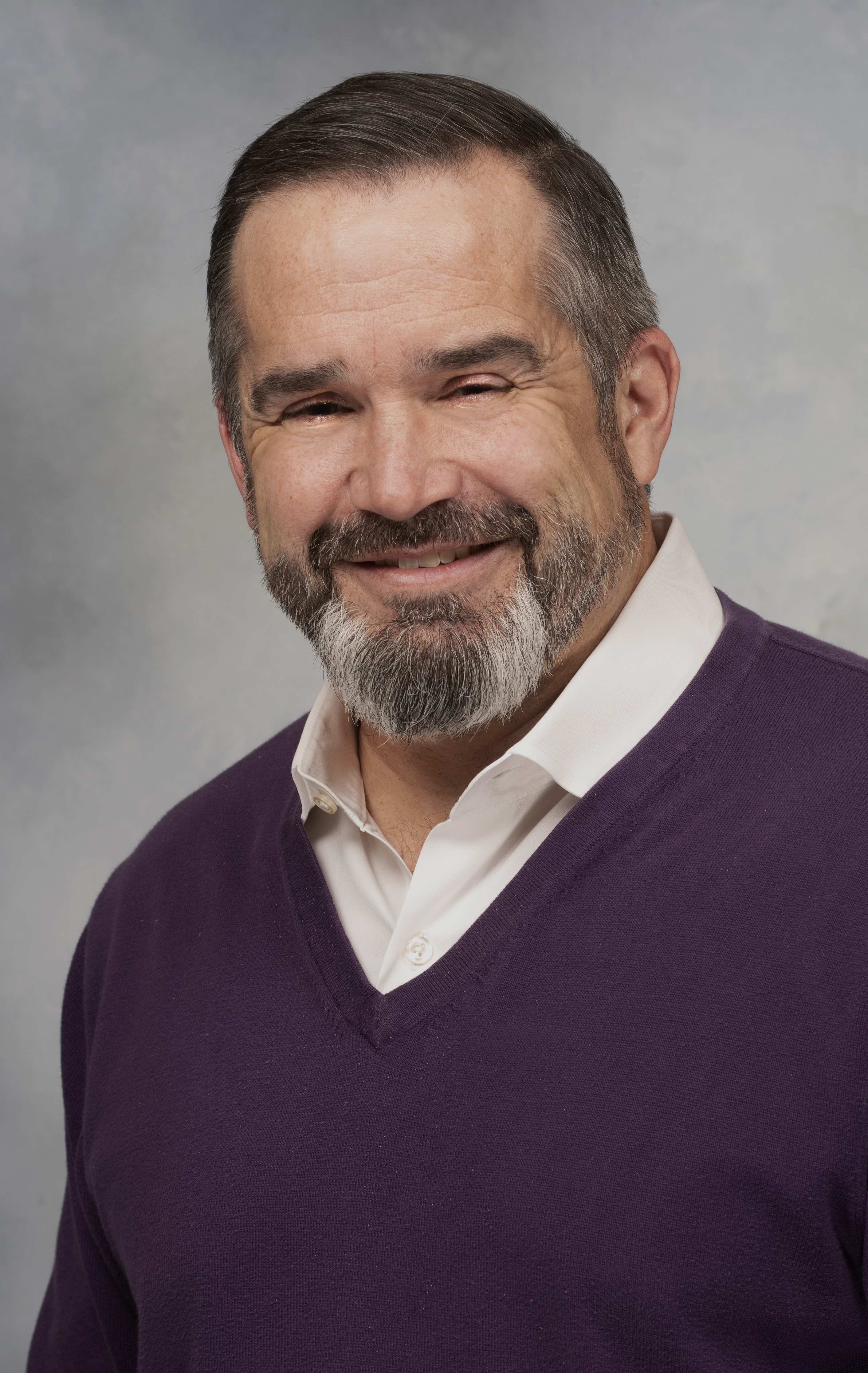March 8, 2022
Ask, Deliver and Validate!

There is a well known case study used in business and agribusiness graduate school curriculums. A certain country was shifting much of its food industry from a government regulated supply chain to private industry. This country’s citizens were the No. 1 per capita users of sunflower oil for cooking. A well-known agricultural company built a facility and established supply chains to produce and process sunflower seed into sunflower oil and meal. They were going to make millions.
They ended up losing millions. It turned out this country’s citizens preferred other cooking oils. They just consumed a lot of sunflower oil prior to privatization because that was all that was available to them. As soon as other oils were available to them, they chose other oils.
Let’s now go to the other extreme.
At the university I previously worked at, the food service company often surveyed our students about food choices in the dining halls. The students would always indicate that they wanted healthier food options. The food service company followed through by offering healthier options. The students responded by continuing to choose the less healthy options, resulting in a lot of food waste.
In the first example, we have a situation where a company assumed that the people wanted the same ol’ same ol’ products and services. They did not. In the second example, it was assumed that by asking the customer, they would reveal their true preferences. They did not.
In business, it is important to ask, deliver and validate.
What do these two examples have to do with extension education?
We often say in extension that we need to meet learners where they are, but do we fully embrace that concept? Do we ask our present learners how they would like to receive their education programs and information, or do we just assume we know their preference? Do we ask those we do not serve very well how they would like to receive their education programs and information? Once we have that information, do we validate the results?
Last week at the March Extension Update, one of our colleagues stated that he determined that the preferred way of reaching the Mennonite and Amish dairy producers in his region was via a podcast. How many of us would have guessed that?
To illustrate adjusting to revealed preferences, I was meeting with a group of our colleagues. They indicated that they were going back to all face-to-face programming, as that is what their learners indicated they preferred. Two months later I met with them again. Even though their learners had indicated a preference for face-to-face programming, the learners chose not to participate or were unable to participate in the face-to-face manner they stated they preferred. Accordingly, our colleagues were going back to using more virtual, hybrid, and mixed delivery methods.
Just like business, it is important in extension to ask, deliver and validate!